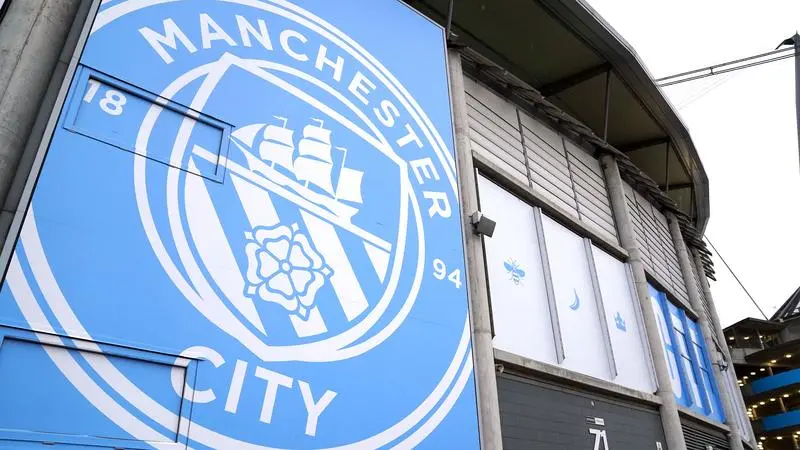Man City reportedly sue Premier League over financial rules – the key questions

Manchester City, who last month won a fourth successive Premier League title, are suing the league over its financial rules, the Times reported on Tuesday.
Here, the PA news agency takes a closer look.
What has happened?

Back in February, Premier League clubs were told at a shareholders’ meeting that one of their number had issued a legal threat in relation to the league’s associated party transaction (APT) rules, which were first introduced in December 2021 in the wake of the Saudi-led takeover of Newcastle.
It was reported at the time that City were the club who had issued the threat, and on Tuesday the Times reported full details of City’s claim, which it said would be aired at a hearing starting on Monday.
What are the rules City are reported to be challenging?
The APT rules are designed to ensure that any commercial deal or player transfer between a club and entities with links to that club’s ownership are conducted at fair market value, so that club revenues are not artificially inflated.
A club’s declared revenue is a crucial component in calculating compliance with the league’s current profitability and sustainability rules (PSR) which allow a maximum loss of £105million over a three-year assessment period. Revenue will remain critical in determining how much a club can spend on squad costs under new rules set to be adopted by the Premier League in shadow form for next season, and under rules already introduced at European level by UEFA.
What is reported to be the basis of City’s challenge?
The Times says the club’s legal claim challenges the validity of the APT rules from a competition law perspective. It is reported that the claim says City are the victims of “discrimination” in relation to these rules and are subject to a “tyranny of the majority” in that these rules were imposed by a majority vote of Premier League clubs.
What happens if City’s reported claim succeeds?
If an arbitration panel declares the APT rules invalid, then clubs would effectively be free to do any commercial deals they wished without any independent judgement being made on whether those deals were for fair market value.
That could then in turn help clubs boost their bottom lines and give them greater leeway on transfer and wages spending. There are fears it could lead to the clubs whose owners have the deepest pockets – City and Newcastle – effectively being in a league of their own in terms of spending.
Some may welcome the scrapping of the rules, with opponents of APT and PSR saying they help to maintain the status quo and make it impossible for ambitious clubs to challenge the established elite.
The Times reports that the Premier League has sought the help of other clubs in defending itself against the claim, and says between 10 and 12 clubs are supporting the league’s position in some form or other.
The Times report that at least one club has submitted a witness statement in support of City’s claim.
What are the other implications?
The Times suggests a positive outcome in this case could even boost City’s defence against the 115 Premier League charges they face, with that hearing set to begin in the autumn.
Even though the current APT rules were introduced after the period where City are alleged to have breached financial rules, there were still requirements on deals being done for fair market value, so any successful challenge to the APT rules could undermine the Premier League’s case.
Perhaps even more significantly, a successful challenge could cripple the league’s ability to govern itself through majority rule, allowing clubs to do pretty much as they please.
Daniel Gore, a senior associate at the law firm Withers, said: “It is hard to see how effective governance could take place without a (majority vote) threshold such as this, so Man City’s challenge could plunge the Premier League’s governance structure into chaos and make it harder for any decision to take place.”
What have the league and City said?
League rules state that such processes should be conducted confidentially until an outcome is reached. Consequently, neither the Premier League nor City has offered any comment on the Times story when contacted by PA.
